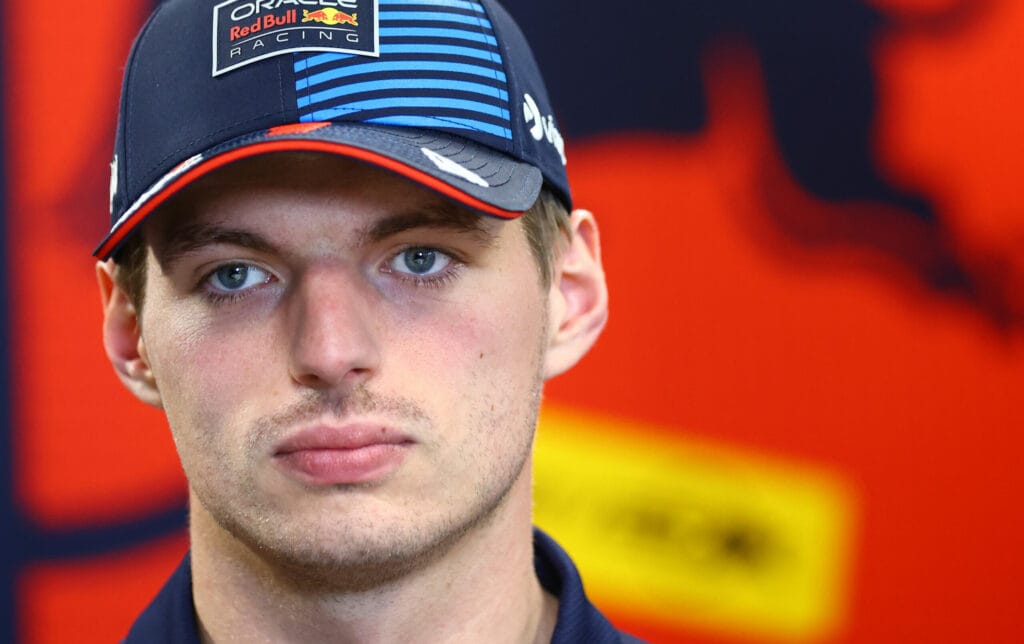Reigning world champion Max Verstappen is not overly enthusiastic about the new regulations for 2026. Several drivers have expressed their dissatisfaction with the plans unveiled by the FIA. Verstappen fears that Formula 1 will become overly artificial with all the aerodynamic tricks that will be added.
The general idea is to make the cars smaller and more agile to make racing more interesting – a positive change indeed. However, many drivers doubt the feasibility of these rules. Additionally, a number of new aerodynamic features are being developed, which Verstappen believes detract from the nature of the sport.
‘Push to Pass’
One of the issues, according to Verstappen, is the so-called Manual Override Mode – a new overtaking method that is set to replace the current DRS from 2026. Drivers wanting to overtake will have a button for an extra electric boost. On social media, fans jokingly call this feature push to pass – ‘click here to overtake’.
To manage this extra power, the front and rear wings will have active aerodynamic flaps. “It’s a bit too much fuss,” said the Dutchman on Viaplay. The three-time world champion fears an artificial race. “I think they (the FIA) have shot themselves in the foot a bit with this.”
“It’s not very exciting,” Verstappen concluded. “I would rather just have a bit more noise, [for example by] a V10 engine.” With the sustainable fuels being introduced from 2026, Formula 1 could theoretically return to the larger engines of the past. However, the FIA has again opted for the hybrid V6 in an attempt to attract new engine suppliers to the sport.









